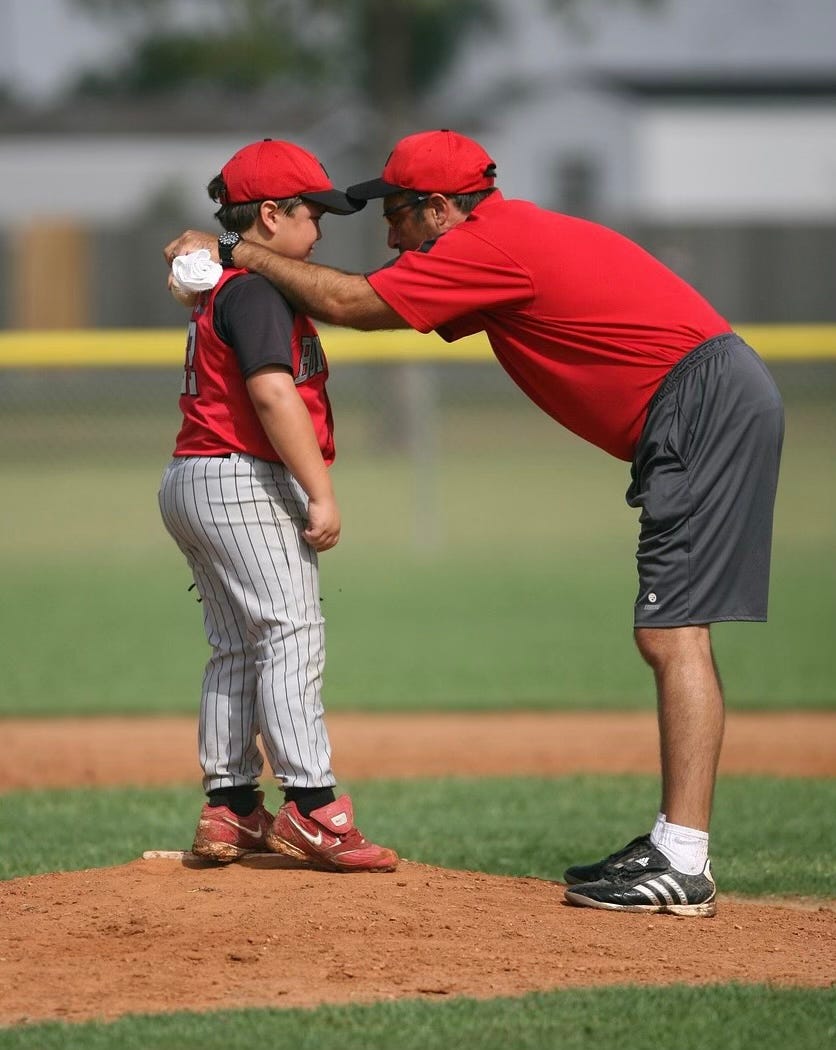“Ya just gotta focus,” the Little League coach (parent) said to his 14-year-old pitcher, then turned and walked back to the dugout. The kid, who had walked the last three batters, looked confused, frustrated, and scared. With the bases loaded, he had turned to his coach for some guidance, some help, and yet, all he’d gotten was some useless and over-used sports-ing advice.
That’s not something I made up. It was shown on TV during the Little League World Championships years ago. The coach was wearing a microphone for the television audience to marvel at his brilliant support and advice to his players. Ugh.
What did that mean? What is focus? What does “Ya just gotta focus” even mean? And, how does doing more of it help?
The simple way that I define focus is that it’s “whatever your brain is processing right now.” If you’re thinking about the corner up ahead, that’s what you’re focused on — that’s what your brain is processing. If you’re replaying the mistake you made in Turn 3 in your head, that’s what you’re focused on. If you’re focused on the sound from your engine, that’s what you’re focused on. If you’re asking yourself what you’re going to eat for dinner tonight, that’s what your brain is processing. The corner up ahead, the mistake in Turn 3, the sound your engine is making, where you’re going for dinner tonight are all things that your brain is focused on and processing right now.
Your mind does not like a vacuum. If you’re not focused on something, it may fill it in with something you don’t want (like, where am I going for dinner tonight?). Triggering what you want to focus on, often with a word or phrase, is a good strategy for this.
I’m now going to quote something that Tony Schwartz wrote in a recent email:
Years ago, tennis icon Arthur Ashe shared a story that changed how I think about performance and success.
He played Jimmy Connors seven times throughout their careers, losing in all except, famously, the 1975 Wimbledon finals. Both were extraordinary players, but Connors had dominated the sport as world number one for an extended period.
After losing one of their matches, Ashe reflected on what distinguished them, which I’ll paraphrase here:
“So I'm standing there waiting to receive serve. I’m thinking about missing the last shot, whether to use topspin or slice on my return and where I might go to dinner with my wife after the match. Connors is on the other side of the court, preparing to serve, and he has a single thought: ‘I am the ball.’”
Ashe’s wry observation illuminates something profound about human performance. Just watch a six-year-old learning a sport. Children improve rapidly because they’re simply visualizing and imitating. They haven’t yet learned to overthink.
It’s when we start to analyze and consciously exert control—in a sport and in almost any dimension of our life—that we struggle.
I’ve often said that the best drivers in the world lose their focus just as much as you, me, and any other driver does. The difference is that they regain focus quicker than most.




